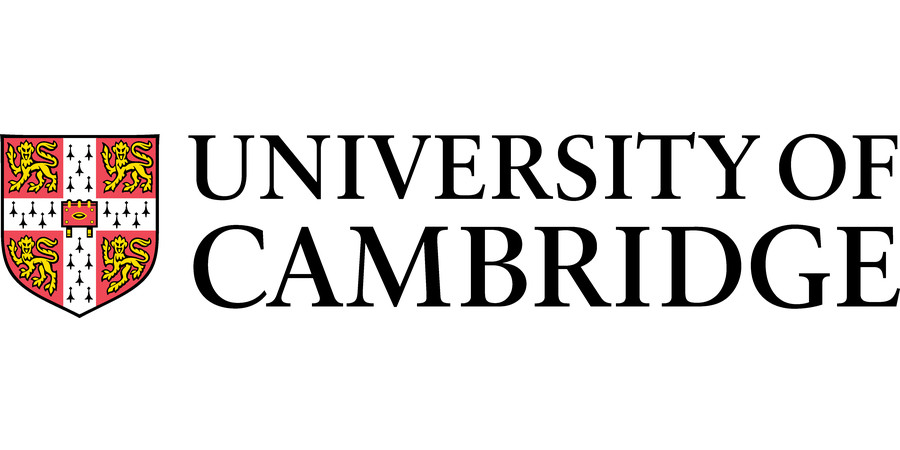Research Associate in Biomedical Optics
University of Cambridge - VISIONLab - Department of Physics
| Location: | Cambridge |
|---|---|
| Salary: | £29,605 to £44,263 per annum |
| Hours: | Full Time |
| Contract Type: | Fixed-Term/Contract |
| Placed On: | 27th September 2024 |
|---|---|
| Closes: | 27th October 2024 |
| Job Ref: | KA43414 |
The VISIONLab, led by Prof. Sarah Bohndiek, create and deploy state-of-the-art spectroscopic imaging tools to improve early cancer detection. We are co-located in the Department of Physics and the Cancer Research UK Cambridge Institute at the University of Cambridge, providing us with a direct pathway from initial testing of brand-new hardware, to application in animal models and deployment in proof-of-principle human clinical trials at Addenbrooke's Hospital, accelerating our healthcare impact.
Applications are invited for a Research Associate to join our collaborative research environment to create novel phantoms (test objects) that enable blood oxygenation modulation for optical system testing. You will drive forward a multidisciplinary project at the intersection of physics and materials science. You can make use of our extensive phantom fabrication facilities as well as our optical and photoacoustic imaging systems for testing. You will engage with the major EPSRC-funded initiative, the Ubiquitous Optical Healthcare Technologies (UbOHTs) Programme Grant, which focuses on developing the next-generation of biosensors for precision health and is a collaboration between the Universities of Cambridge, York, Strathclyde and Exeter. You will be actively involved with several international collaborative projects, engaging with DKFZ in Germany as well as Johns Hopkins University in the USA. Involvement in these collaborations will provide opportunities for training, networking and developing leadership skills on an international scale.
The VISIONLab is seeking to appoint a highly motivated and curiosity-driven individual with a PhD in a topic related to physics, materials science, or biomedical optics. Demonstrable experience in successful phantom preparation and delivery of well calibrated test objects is essential. A high level of confidence in Python programming for data acquisition and analysis is also essential. Experience in design and fabrication of microfluidic devices is desirable. Practical knowledge of data acquisition from at least one hyperspectral imaging technology, such as diffuse reflectance spectroscopy, photoacoustic imaging, functional near infrared spectroscopy or Raman micro-spectroscopy is desirable. It is essential that you demonstrate a strong open-science ethos as this is core to the activity in preparing and sharing phantom materials and designs.
You should be able to demonstrate a strong scientific track record, which may include paper, data, and open-source code publication, as well as presentation at international research meetings, commensurate with their research experience. Given the interdisciplinary nature of the laboratory, excellent communication and team working skills are essential.
Key responsibilities will likely include: advanced phantom design and preparation; validation of phantom properties using optical and acoustic reference instruments; handling of biological materials such as blood to interface with the phantoms; and supervision of graduate and undergraduate students in the laboratory.
Appointment at research associate grade is dependent on having a PhD, including those who have submitted but not yet received their PhD, in which case appointment will initially be made at research assistant and amended to research associate when the PhD is awarded.
The VISIONLAB strongly encourages and supports candidate-driven efforts to obtain competitive fellowships and the post may be extended should suitable fellowship or grant funding be secured.
More information on the research of the laboratory http://www.bohndieklab.org/.
The funds for this post are available for 2 years in the first instance.
To apply online for this vacancy and to view further information about the role, please click the 'Apply' button above.
Email molly.bridger@cruk.cam.ac.uk with informal enquiries or specific questions about the role.
Advert information
Type / Role:
Subject Area(s):
Location(s):









